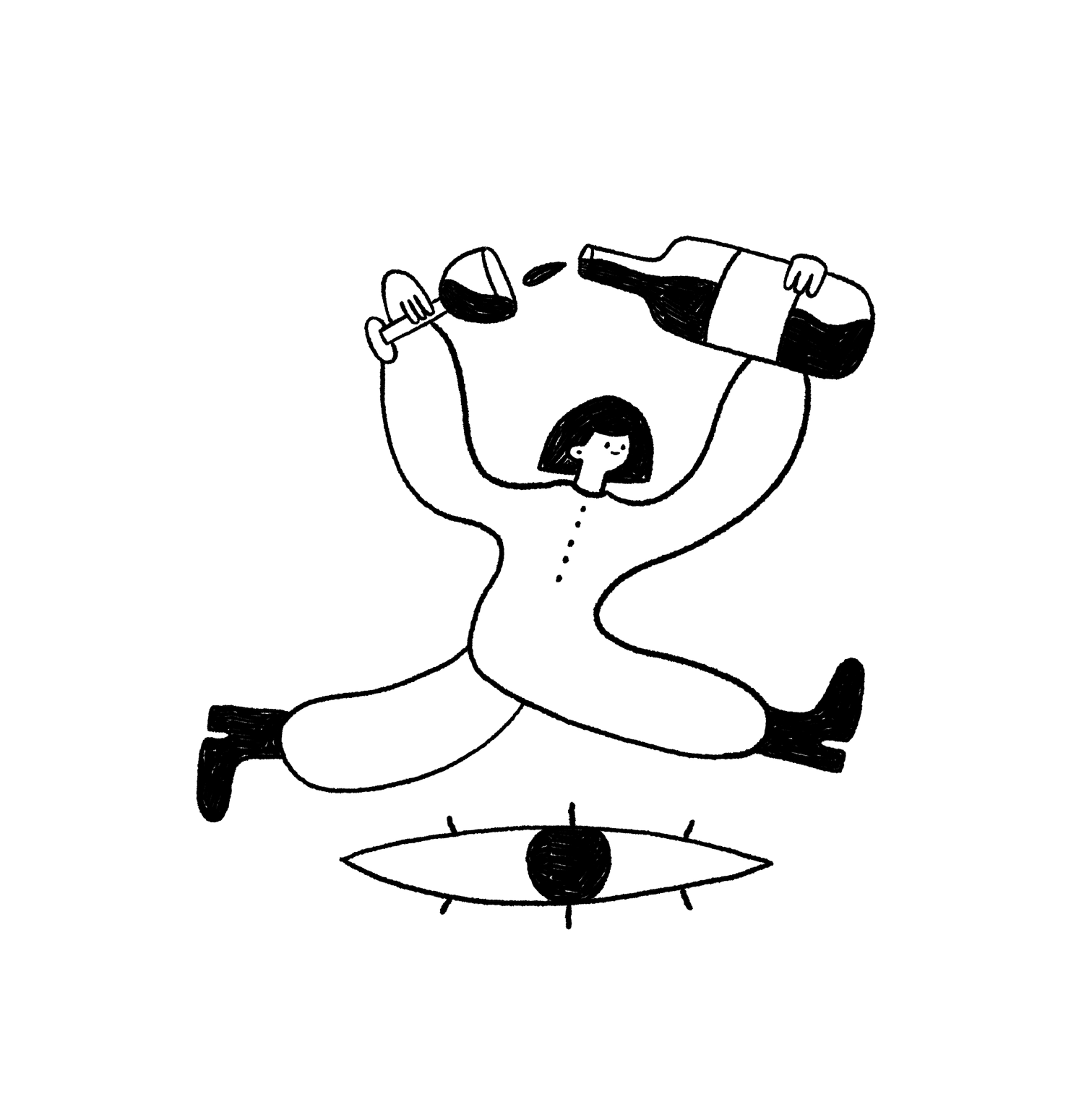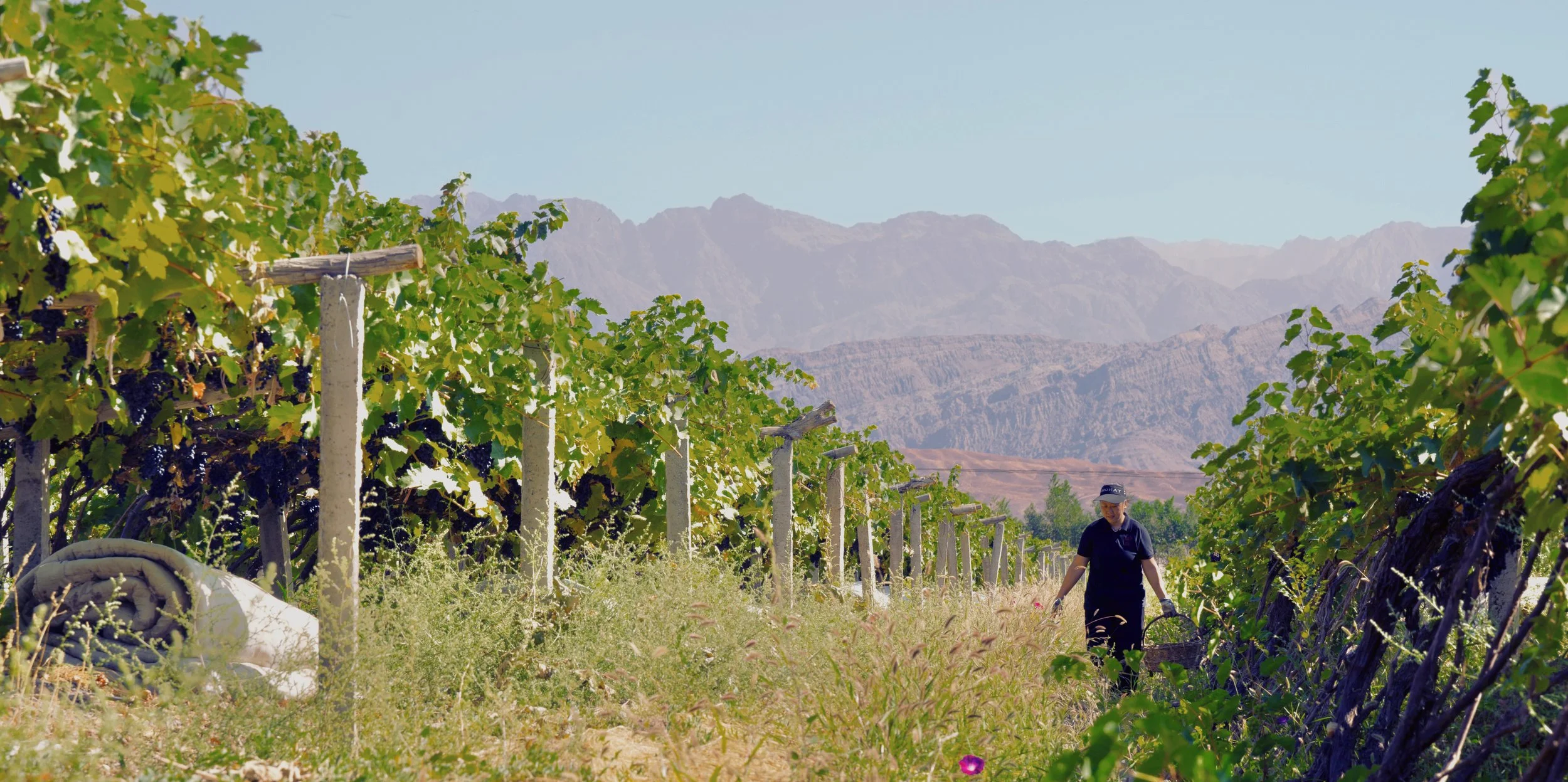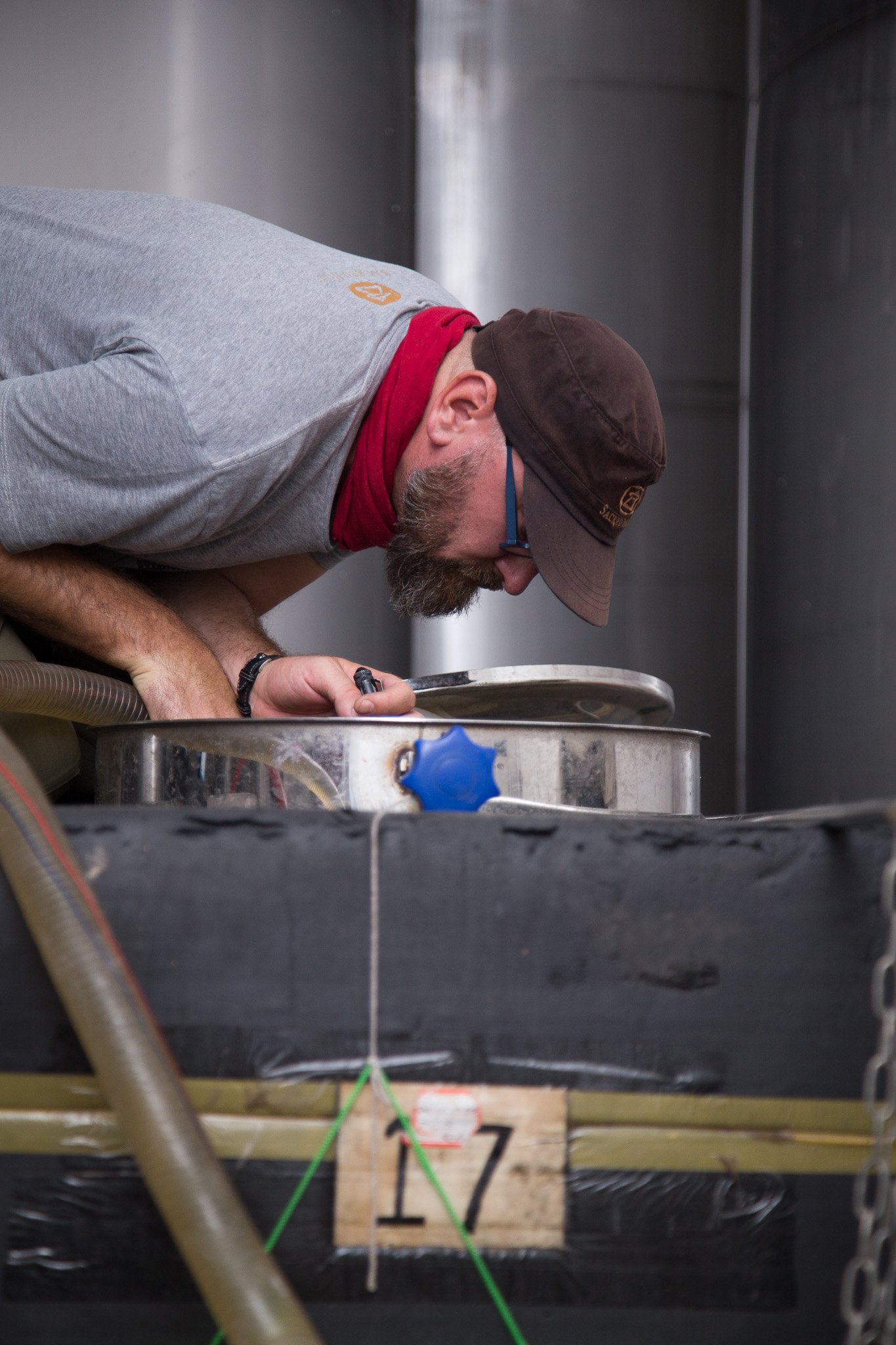Introducing Puchang Vineyard
“Puchang Vineyard is one of the country’s best wineries making outstanding wines with alternative varieties. Rather than go planting the usual Cabernet Sauvignon and Merlot that now many in China are abandoning, they sought grape varieties that were most likely to give the best results in a desert, extremely hot during the day and extremely cold during the night habitat. Puchang have simply understood than in its climate reality, the usual grape varieties might not have been the right choice.” - Ian D’Agata
China’s wine industry is dominated by international grapes and Bordeaux blends. Everywhere, producers grow Cabernet Sauvignon, Marselan, Merlot, and Cabernet Gernischt. When first reading about China’s wine industry in early 2024, Puchang Vineyard stuck out like a colourful gem amongst dull coloured rocks.
After a call with Clara Wang, daughter of winery owner and Hong Kong businessman KK Cheung, I was enamoured by the family’s ambition to change the world’s perception of Chinese winemaking. The wines sampled - a Muscat, Rkatsiteli, Saperavi and Beichun - were a breath of fresh air amongst the sea of Cabernet Sauvignon-dominated, 100% new Burgundy oak barrel reds tasted with Melbourne’s sommeliers. It demonstrated what China could do when not giving in to market trends.
Puchang vineyard balance both ancient roots and bold, industry-leading innovation. These grape varieties have been found in the region since the early days of the Ancient Silk Road, but their decision to champion them is avant-garde in a world of monotonous international varieties.
Wedged between the Turpan Depression and the Tian Shan mountains in Xinjiang, the three vineyards managed by Puchang Vineyard are planted on desert - with Gobi sand at lower altitudes, and desert rocks higher up the mountains. However, the region’s historical significance as a Silk Road oasis and rich grape-growing culture have set the foundations for Puchang Vineyard to find its identity in its history.
In 2013, the Cheung family brought on Loris Tartaglia, an Venetian-born winemaker with 20 years experience, to lead the winery alongside Bordeaux consultant Gérard Colin - who had previously contributed to Grace Vineyard and Domaine de Long Dai. With an emphasis on organic farming practices, ECOCERT was easy to obtain - the harsh climate unsuitable for weeds and pests.
On the edge of the Taklamakan desert, Puchang Vineyard rely on the ancient 5,000km-long Karez irrigation system, one of the three great ancient Chinese engineering projects alongside the Great Wall and Grand Canal.
These wines are classically and typically Xinjiang - rich, opulent and ripe from very hot days, whilst still retaining acid from the very cold nights. The Muscat (Roudingxiang) is especially aromatic, whilst the Rkatsiteli retains a steely, saline edge - a unique expression for a grape typically made with extended maceration. The Saperavi is dusty, savoury and brooding - like a southern Italian red. Whilst the Beichun has a unique dried fruit / amarone character whilst holding dusty, drying tannins.
The Italian influence is difficult to ignore, given Loris Tartaglia’s role in the winery.
I am excited about the opportunity to represent Puchang Vineyard in Australia, who have resiliently proven that alternative grape varieties can produce world-class wines. I love an underdog story: I wouldn’t be championing Chinese wine if I didn’t.


